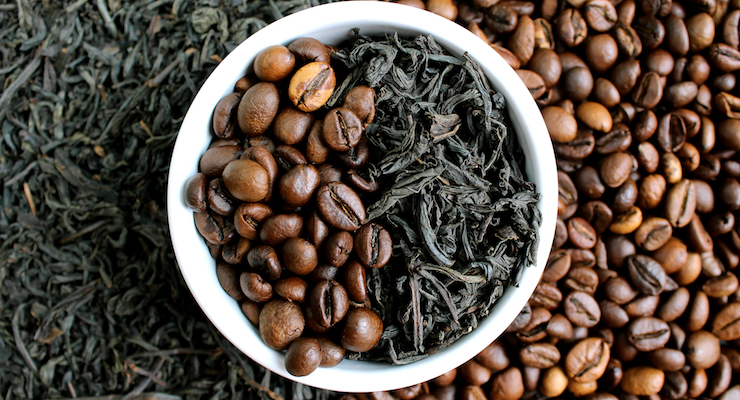Each of the participants filled out a 58-item food and drink questionnaire, which covered daily consumption of coffee and green tea. Researchers analyzed the outcomes for those who drank either of the two beverages, as well as those who drank both, or neither. The researchers measured each participants’ height, weight, blood pressure, and a number of potential underlying risk factors were accounted for via blood and urine samples.
In total, 607 participants didn’t drink green tea; 1143 drank a cup daily; 1384 drank 2-3 cups; and 1784 drank 4 or more. 994 participants didn’t drink coffee; 1306 drank up to 1 cup daily; and 1660 drank two or more cups. During the five-year monitoring period, 218 men and 91 women died, primarily from cancer (114) and cardiovascular disease (76).
The association between coffee and tea and a reduced risk of all-cause mortality was significant even at the lowest doses recorded, however, the benefits appeared in a dose-dependent manner among the participants.
Drinking up to one cup of green tea every day reduced odds of death by 15%, which increased to 27% for those who drank 2-3 cups daily. Getting through 4 or more cups of green tea daily was associated with a 40% risk reduction.
For coffee drinkers, up to one daily cup reduced the odds by 12%, while having a full cup led to 19% lower odds of death. Two or more cups reduced the odds of death by 41%. Importantly, the authors of the study noted that the qualities of green tea widely available in Japan are much different than commercially available green tea in other areas, and as such, they do not expect that a similar study on populations in other regions would result in similar results.
As an observational study, the researchers had no means of establishing a cause for this highly significant reduction of risk. However, they did point to a number of ingredients which have been evaluated in prior clinical research. Green tea contains several antioxidant and inflammatory-modulating compounds, including caffeine, phenols, and the amino acid theanine. Likewise, coffee is well-known for a number of bioactive compounds, including phenols. Despite research indicating its potentially harmful effects on the circulatory system, caffeine is thought to affect insulin production and sensitivity.
The effects of both green tea and coffee consumption may in fact be “additive,” according to the results of participants who drank both, the authors said.
Post time: Apr-24-2022
